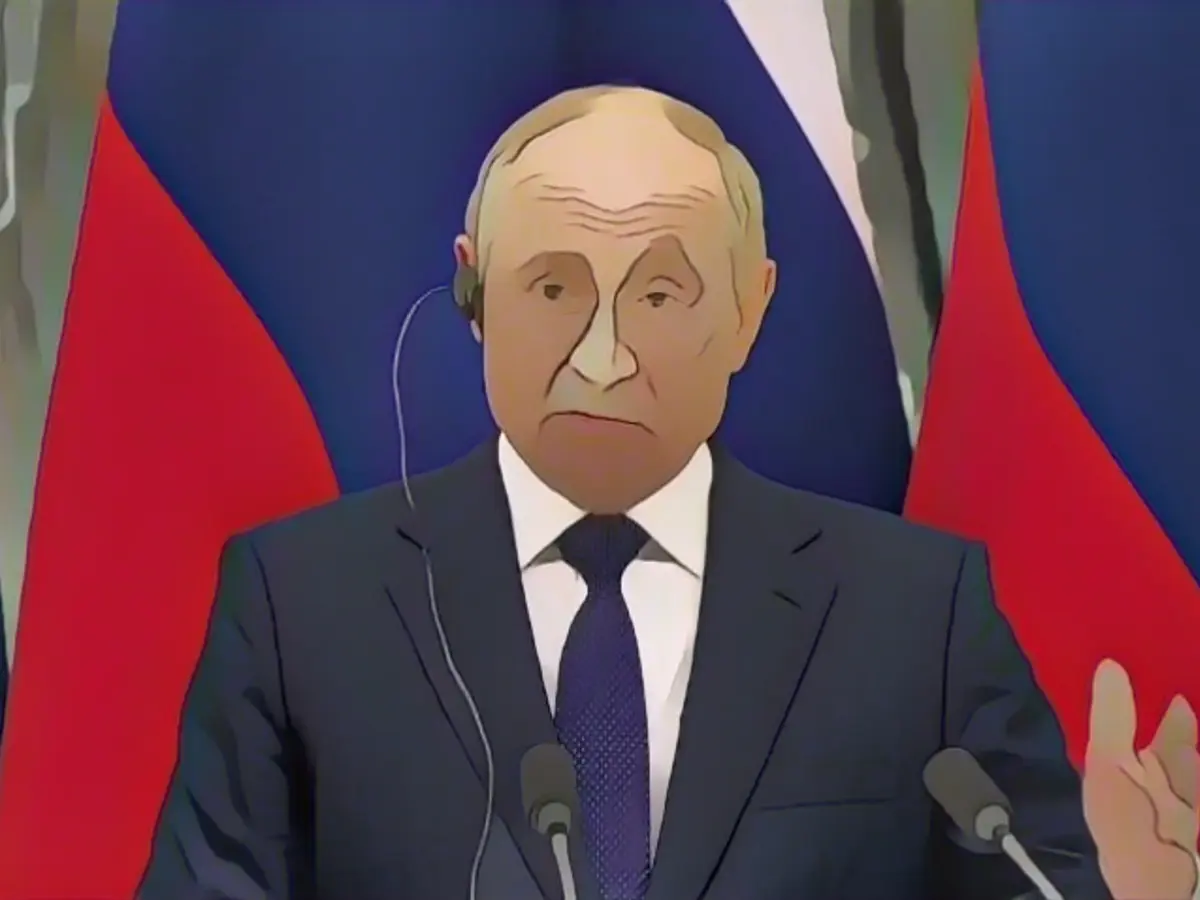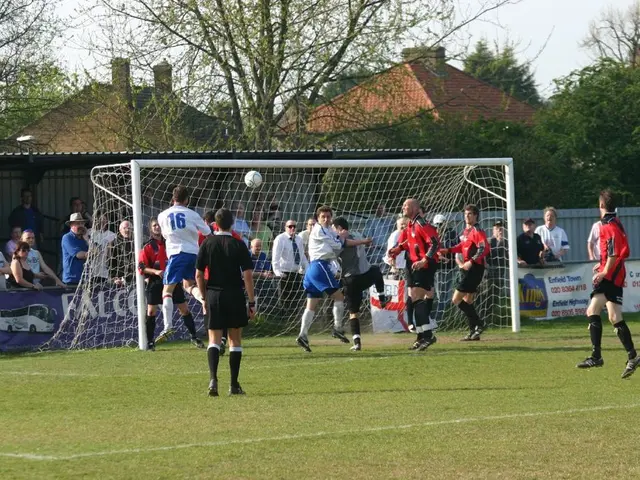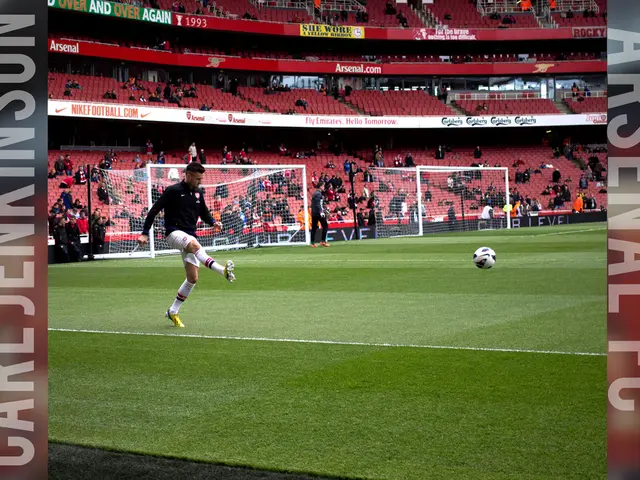In recent media events, Putin's comments towards Ukraine and the Minsk Accords sparked controversy and raised eyebrows worldwide.
At a joint press conference with French President Emmanuel Macron, Putin brought up the Minsk Accords, suggesting that Ukraine held its own preferences regarding the agreement. This remark, though controversial, aligned with Putin's long-held opinions towards Ukraine.
The conflict in Ukraine has deep roots in Russia's historical and strategic interests. Vladimir Putin, with his 'one people' narrative, has repeatedly justified Russia's military interventions and annexations. Back in 2014, Russia annexed Crimea, backed separatist movements in southeastern Ukraine, and signed the Minsk Agreements – moves that drew international criticism due to their disregard for Ukraine's sovereignty.
Despite the widespread condemnation, Putin's aggressive stance and defiant words have remained staples in his leadership style. The Minsk Accords may have served as a weak ceasefire, but Putin and Russia have continued to shape the ongoing conflict in Ukraine.
The international scrutiny of Putin's recent remarks and Russia's actions in Ukraine highlight the challenge the global community faces in handling an authoritarian leader who's infamous for his controversial statements and unyielding stance.
Historically, Putin's views of Ukraine stem from the idea of shared historical and spiritual space between Russians and Ukrainians. The annexation of Crimea in 2014, following the ousting of Ukrainian President Viktor Yanukovych, was predicated on claims of a Western-backed "fascist coup" threatening the ethnic Russian majority in Crimea. Putin also supported separatist movements in eastern Ukraine, leading to the devastating conflict in the Donbas region. The Minsk Accords, signed in 2014 and 2015, fell short of ending the conflict and faced criticisms for their weak ceasefire monitoring and lack of enforcement mechanisms.
Putin's remarks and actions have elicited a range of international reactions. In 2022, a full-scale invasion of Ukraine was met with widespread condemnation, resulting in sanctions on Russia and Putin. Allegations of war crimes in Ukraine led to investigations by the International Criminal Court. However, peace negotiations have stalled due to Russia's demands, ultimately justifying its military interventions and annexations.
In conclusion, Putin's controversial remarks towards Ukraine are deeply linked to Russia's historical and strategic interests in the region. Recognizing this context is essential for understanding the ongoing conflict in Ukraine and the challenges it poses to the global community.







